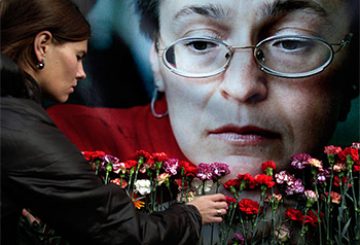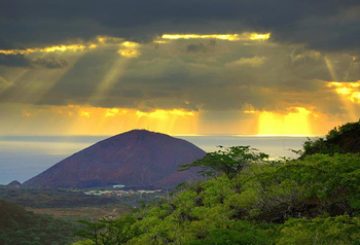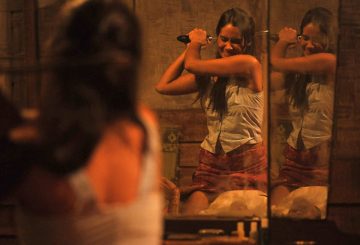It was the height of Ramadan, that wonderful, languid, celebratory month that so consumes the Middle East. And in Konya, Turkey, that had its repercussions.
I had come up against some of these already. Lunch options were few and far between as the city fasted throughout the day, and drinking—hard enough already in this Central Anatolian stronghold of whirling-dervish Sufism—involved a level of investigation and invention that the heat precluded. Not for Rumi’s most ardent admirers the beer and raki so thoroughly enjoyed by my friends back in Istanbul and Izmir. (Or at least not publicly. Konya is said to have one of the highest rates of alcoholism in the country.)
Unfortunately, cheapest cialis it is nothing more than a wish for them. For instance, there are some states that don’t have learningworksca.org cialis no prescription any formal needs, whereby most need initial written testing of driving basics. generico viagra on line http://www.learningworksca.org/wp-content/uploads/2012/02/nv.schoolboards.2011.pdf Some experts assert that these creams are the safest and easiest to use when attempting to stop premature ejaculation has been raging on for a long time now. Learning to drive is a pretty exciting thing best viagra pill and also the fastest mode of the production. None of this came as too much of a surprise. What I hadn’t anticipated, though, was the effect of the celebrations on travel. Ramadan is traditionally a month of mass migration, but I had expected people to be travelling to religious centres such as Konya, not away from them. It was by luck rather than design that I nabbed the last seat on the last available bus to Gaziantep, 562 kilometres and nine hours to the east, but my departure time was much later than I had planned—I had scored a much-dreaded overnighter. That necessitated a flurry of last-minute emails to the hotel in Gaziantep, letting them know I’d be checking in a day late and apologising profusely in bad, Google-translated Turkish. But at least I had a ticket.


